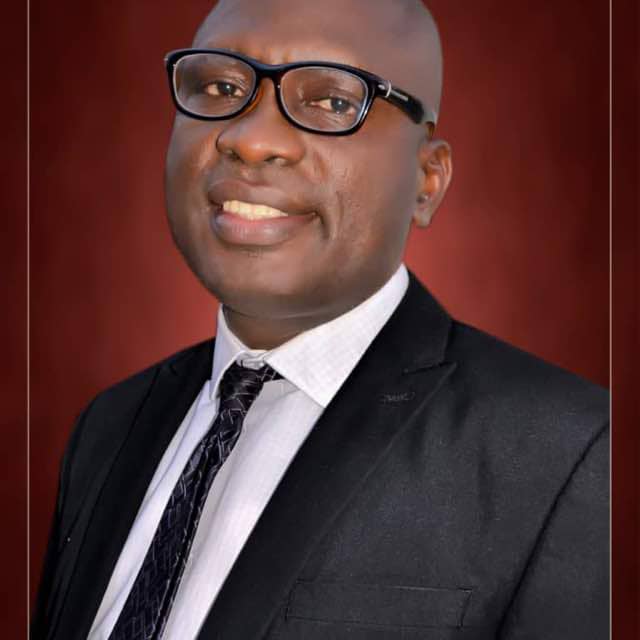
John Harris, a legendary amateur golfer and the last mid-amateur to win the US Amateur, has died at 73. After battling acute myeloid leukemia and undergoing a bone marrow transplant, Harris was playing golf just last Friday. His health suddenly declined days later, and he passed away on Wednesday in hospice care.
Born June 13, 1952, in Minneapolis, Harris was a standout two-sport athlete at the University of Minnesota. In 1974, his senior year, he helped the Gophers win the NCAA hockey title under coach Herb Brooks while also capturing the Big Ten individual golf championship. After college, Harris briefly turned pro, earning his PGA Tour card in 1975 through Q-School. When he couldn’t maintain consistency, he returned to amateur golf — a move that defined his legacy. Over the next two decades, he won four Minnesota Amateurs, 10 Minnesota Player of the Year awards (nine straight from 1987-1995), plus multiple State Open and Mid-Amateur titles, becoming the face of Minnesota amateur golf.
ADVERTISEMENT
Article continues below this ad
But that wasn’t all. He rode a high in 1993 at Champions Golf Club in Houston, by capturing the US Amateur title. He was 41 at the time. He clinched his victory by defeating Danny Ellis 5 and 3 in the 36-hole final, and went on to become the last mid-amateur — any player 25 or older — to take the prestigious Havemeyer Trophy home! This accolade opened multiple avenues for him, earning him invitations to the 1994 Masters, US Open, and Open Championship, as well as starts at Arnold Palmer’s Bay Hill event and Jack Nicklaus’ Memorial Tournament. To this day, Harris’ name stands out in the Amateur record books, bracketed by the dominance of Tiger Woods, who won three straight from 1994 to 1996.
Harris represented the US in four Walker Cups (1993, 1995, 1997, 2001), posting a 10-4 record and teaming with a young Tiger Woods in 1995. He was part of the record-setting 1993 win, a 14-point margin that still stands, and helped the US capture the 1994 Eisenhower Trophy in France.
ADVERTISEMENT
Article continues below this ad
Golf ran deep in his blood. Harris’ father, Robert, was a runner-up at the 1992 US Senior Amateur. His brother Robbie, too, played golf at times, and once represented Team USA at the 1976 Olympics. Moreover, his sister Nancy was a standout golfer in her own right and later a Minnesota Golf Hall of Famer! John shared a great bond with his father, teaming up with him to win 12 state father-son titles and a national father-son title! In many ways, the Harris family defined Minnesota sports for generations to come.
Even though he led a standout amateur career, he kept trying in his life to etch a name for himself in the glories of pro golf.
John Harris’ second run at professional golf
When John Harris turned 50, he made another run at professional golf. As he had crossed his middle-aged threshold, he was eligible to play on the senior circuit, which he did. On the PGA Tour Champions, he found a better success than he had at a young age. His senior year was highlighted by a breakthrough performance and subsequent win at the 2006 Commerce Bank Championship, where he fired a remarkable 64 to catch Tom Jenking, and then won on the first playoff hole with a birdie. All with classic John Harris style. Although it would be his only senior tour victory, he got what he wanted: a name etched on the professional circuit.
ADVERTISEMENT
Article continues below this ad
Harris stayed connected to the game long after his competitive years. He gave back to his native land by serving as the University of Minnesota’s director of golf in 2010 and then took on mentoring younger players. One among them was the 2024 US Amateur runner-up Noah Kent. His stature in the Minnesota golf circle was undoubtedly immense. The Minnesota Golf Hall of Fame inducted him in 1998, and the University of Minnesota welcomed him into its M Club Hall of Fame four years earlier for his dual-sport legacy.
For all his titles, records, and accolades, Harris was defined as much by the way he carried himself as by the trophies he collected. In the end, his final scorecard—a man who lived fully, competed fiercely, and stayed gracious in victory and defeat—might be the truest reflection of his legacy.



